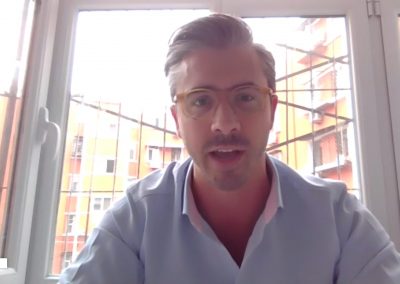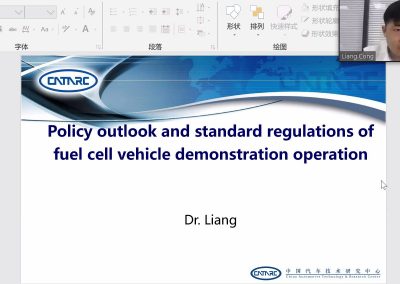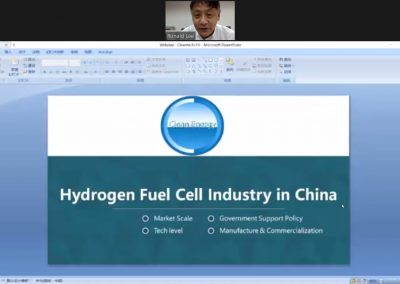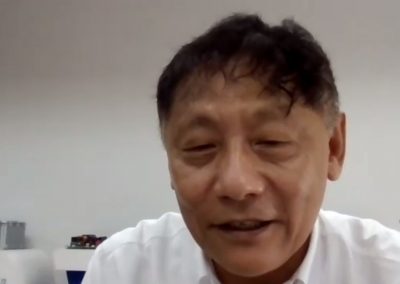Cleantech Market Opportunities: Update from Beijing
Cleantech Market Opportunities: Update from Beijing
On June 25 at 8:30 pm EST, the Canadian Trade Commissioner Service (TCS) hosted its 2nd Greater China Network Cleantech virtual series, where the Embassy and Consulates shared updates from their respective markets. The series was broken down into several parts and provided updates and views from the ground, including observations and impacts of COVID-19 on the cleantech sector in Greater China. Sessions also included information on upcoming initiatives, as well as guest speakers and an in-depth analysis of selected subsectors. This series was delivered in partnership with the Canada China Business Council (CCBC).
In 2019, China’s hydrogen industry developed at a historically high speed, with massive deployments of hydrogen fuel cells (HFC) across China and in several industries. By the end of 2019, China had over 6500 hydrogen fuel cell (HFC) vehicles and 50+ refueling stations and it is estimated by 2030, China will have around 1 million. In 2020, China issued several national policies related to HFCs, including the National Energy Administration’s Energy Law, which lists hydrogen as one element of energy for the first time, and the Ministry of Finance’s Notice on Adjusting New Energy Vehicle Subsidy, which outlines funding over the next 4 years to support HFC commercialization. Webinar attendees heard from three experts on China’s burgeoning HFC market and the policies impacting its development, and how Canadian companies can get involved.
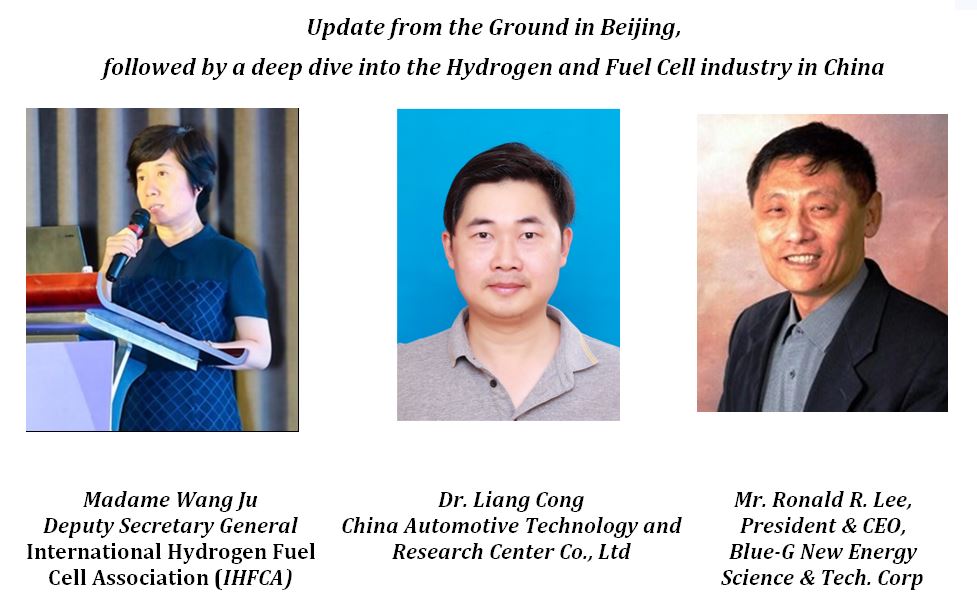
About the speakers:
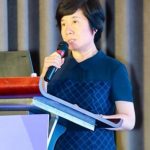
Madame WANG Ju is the Deputy Secretary-General of China Society of Automotive Engineers (China-SAE) and International Hydrogen Fuel Cell Assocation (IHFCA). She also acts as the chief technical advisor for UNDP’s hydrogen fuel cell demonstration projects. She has been in the new energy vehicle sector for 14 years, and has led a few international projects including the implementation of GEF/UNIDO Integrated Adoption of New Energy Vehicles project in China.
Having begun her career after her master degree (Metallurgical Engineering), she worked as a Project Manager in Center of High-tech Development, Ministry of Science and Technology. In 2002, she got the Master of Management degree from McGill University of Canada. From 2003 to March 2017, she was project manager of GEF/UNDP Demonstration for FCB commercialization project.
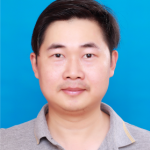
Dr. Liang Cong is with China Automotive Technology and Research Center Co., Ltd. Dr. Liang and his team have completed the certification for the leading domestic fuel cell enterprises, such as Beijing Sinohytec, Weichai Power, Blue-G Power, Wuhan Xiongtao hydrogen, Guangdong Sinosynergy, etc. His team also built a reliability verification platform for fuel cell vehicles and parts.
Dr. Liang started his career at China Automotive Technology and Research Center since 2016. Prior to that, he worked at Wuhan University of Technology & Wuhan WUT New Energy Co., Ltd, where he developed long life membrane electrode for fuel cell and 5000h durability testing and degradation mechanism of metal plate stack of fuel cell.
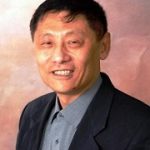
Mr. Ronald R. Lee is President & CEO of Blue-G New Energy Science & Tech. Corp. He is also a senior expert (CIETT-GJ-2017020086) of fuel cells at the National Power and New Energy Industry Experts Think Tank. He holds a master’s degree from the Institute of Physics of the Chinese Academy of Sciences. Lee has years of experience working for Chinese and foreign research institutes and companies in technology development and management, with expertise in microelectronics, materials, MEMS (Micro-Electro-Mechanical Systems), physics and chemistry. He is applying for and holding dozens of patents and software copyrights in the field of fuel cells.
He is conducting R&D in low-temperature proton exchange membrane (PEM) fuel cell stack, fuel cell stack MEA (Membrane Electrode Assembly) materials, methanol steam reforming for hydrogen production (applications of renewable energy), and high-power fuel cell hybrid system.

